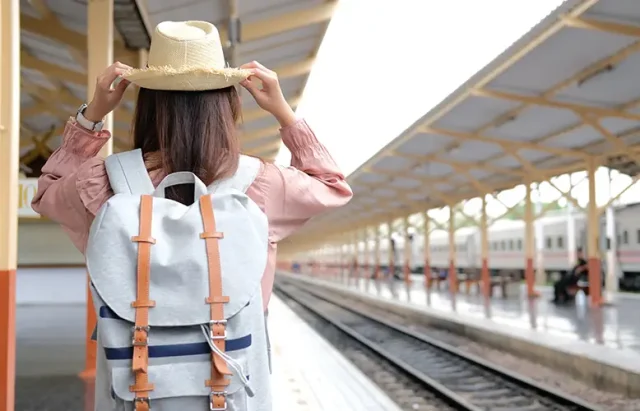
Traveling offers a world of adventure, cultural experiences, and unforgettable memories. However, it also comes with its share of risks. Whether you’re hiking through remote landscapes, exploring bustling cities, or simply enjoying a beach vacation, being prepared for emergencies can make a significant difference in ensuring your safety and the safety of those around you. Here are some essential safety skills every traveler should master before setting off on their next journey.
1. Basic First Aid Knowledge
Accidents and health emergencies can happen anywhere, and being equipped with basic first aid knowledge can be a lifesaver. Knowing how to treat minor injuries such as cuts, burns, or insect bites can prevent complications and make a trip much safer. Travelers should also learn how to recognize signs of more severe conditions such as dehydration, heatstroke, or allergic reactions, and how to respond appropriately.
2. CPR and First Aid Courses
One of the most crucial skills a traveler can have is the ability to administer CPR and first aid courses. Sudden cardiac arrest, choking incidents, or drowning can occur in any setting, and immediate intervention can mean the difference between life and death. Taking CPR and first aid courses before traveling ensures that you have the knowledge and confidence to respond in emergencies. Many organizations offer certifications that provide hands-on training, making it easier to apply these skills in real-life situations.
3. Situational Awareness
Being aware of your surroundings can help you avoid potential dangers. Travelers should always stay alert in unfamiliar areas, especially in crowded places where pickpocketing or scams are common. Observing people’s behavior, noting emergency exits, and trusting your instincts when something feels off can help prevent dangerous situations.
4. Emergency Contact Preparation
Before embarking on a trip, it’s essential to have emergency contacts readily available. Keep a list of local emergency numbers, including the police, ambulance, and the nearest embassy or consulate. Additionally, share your travel itinerary with a trusted friend or family member in case they need to reach you in an emergency.
5. Self-Defense Techniques
Learning basic self-defense techniques can help travelers feel more secure, particularly when exploring unfamiliar territories. Simple moves such as breaking free from a grip, blocking an attack, or using everyday objects for protection can be invaluable in a dangerous situation. Many cities offer self-defense workshops that teach practical skills for travelers.
6. Fire Safety Awareness
Fire hazards can arise unexpectedly, whether in a hotel, on public transportation, or in outdoor settings like campsites. Travelers should familiarize themselves with fire safety protocols, such as identifying exits in accommodations, knowing how to use a fire extinguisher, and understanding the basics of fire prevention.
7. Safe Food and Water Practices
Foodborne illnesses can ruin a trip, so practicing safe eating habits is essential. Travelers should be cautious about consuming raw or undercooked foods, drink only bottled or purified water in areas with questionable water quality, and wash their hands frequently. Carrying hand sanitizers and avoiding street food in high-risk locations can further reduce the risk of illness.
8. Navigation and Communication Skills
Getting lost in an unfamiliar place can be stressful, especially in remote areas with limited connectivity. Learning how to read maps, use offline navigation apps, and communicate essential phrases in the local language can help travelers find their way and seek assistance if needed.
9. Handling Medical Emergencies Abroad
If you or a travel companion experience a medical emergency, knowing the right steps to take can be crucial. Research the nearest hospitals or clinics before arriving at your destination, understand the local healthcare system, and consider investing in travel insurance that covers medical emergencies. Having a basic understanding of how to manage common ailments, such as food poisoning or altitude sickness, can also help ensure a smoother travel experience.
Be Prepared for Anything
Traveling is an enriching experience, but preparation is key to ensuring a safe and enjoyable trip. By equipping yourself with essential safety skills, including CPR and first aid courses, situational awareness, and emergency preparedness, you can confidently handle unexpected situations and make the most of your travels. Taking the time to learn and practice these skills not only enhances your personal safety but also allows you to assist others in times of need. Whether you’re traveling solo or with companions, these skills are invaluable for making every journey safer and more memorable.





